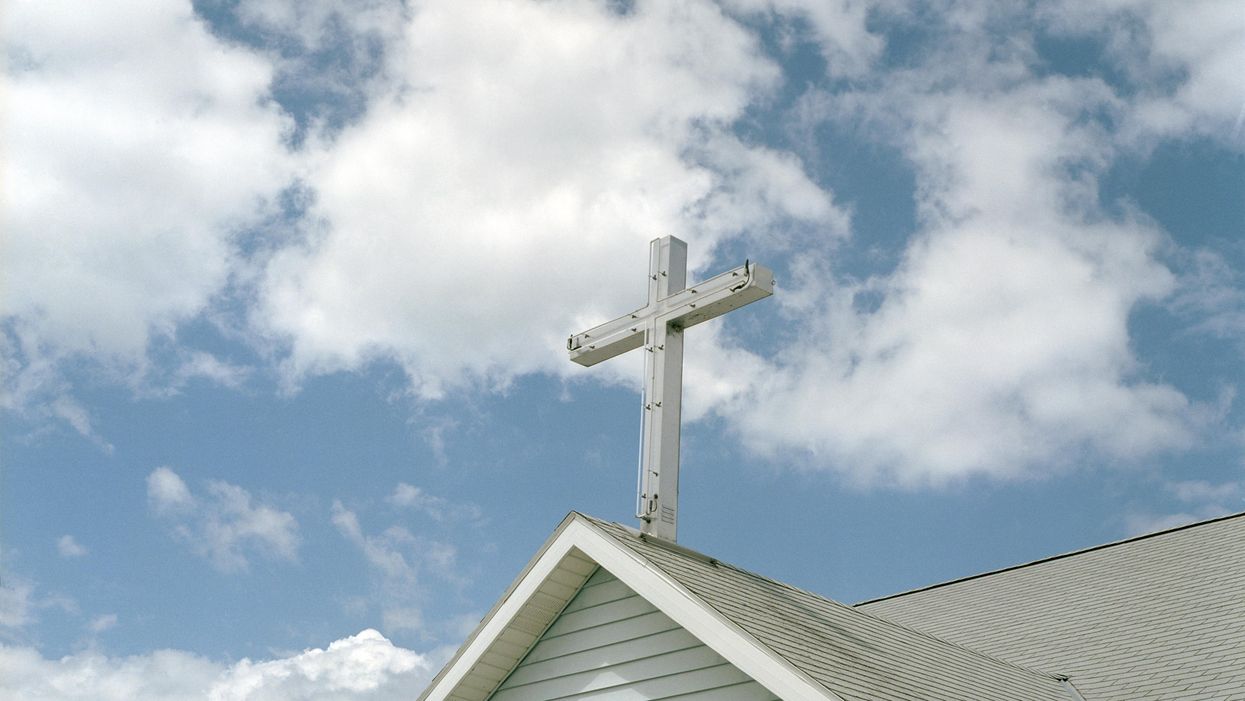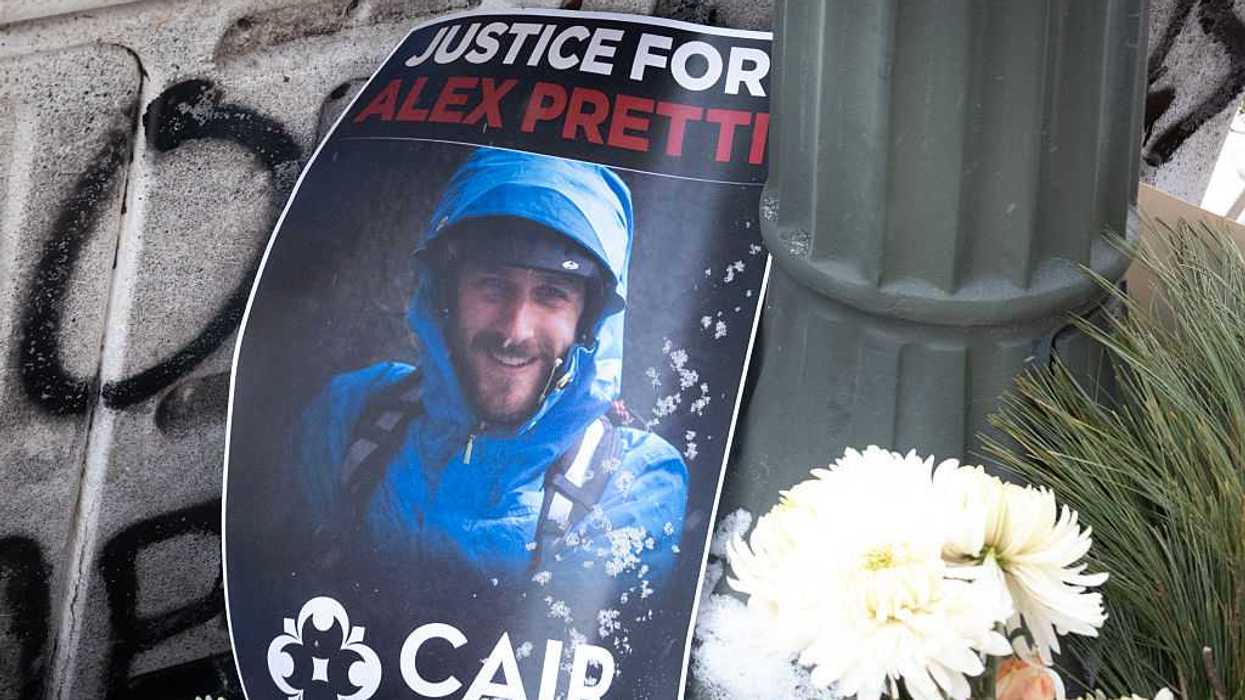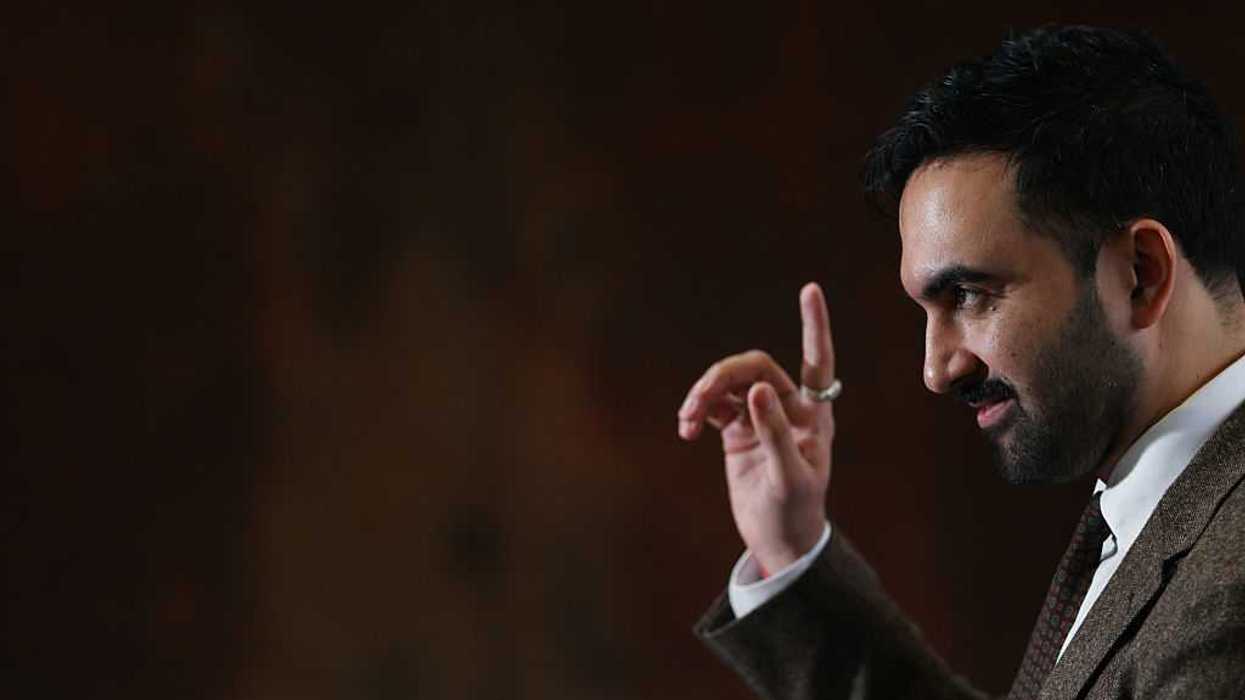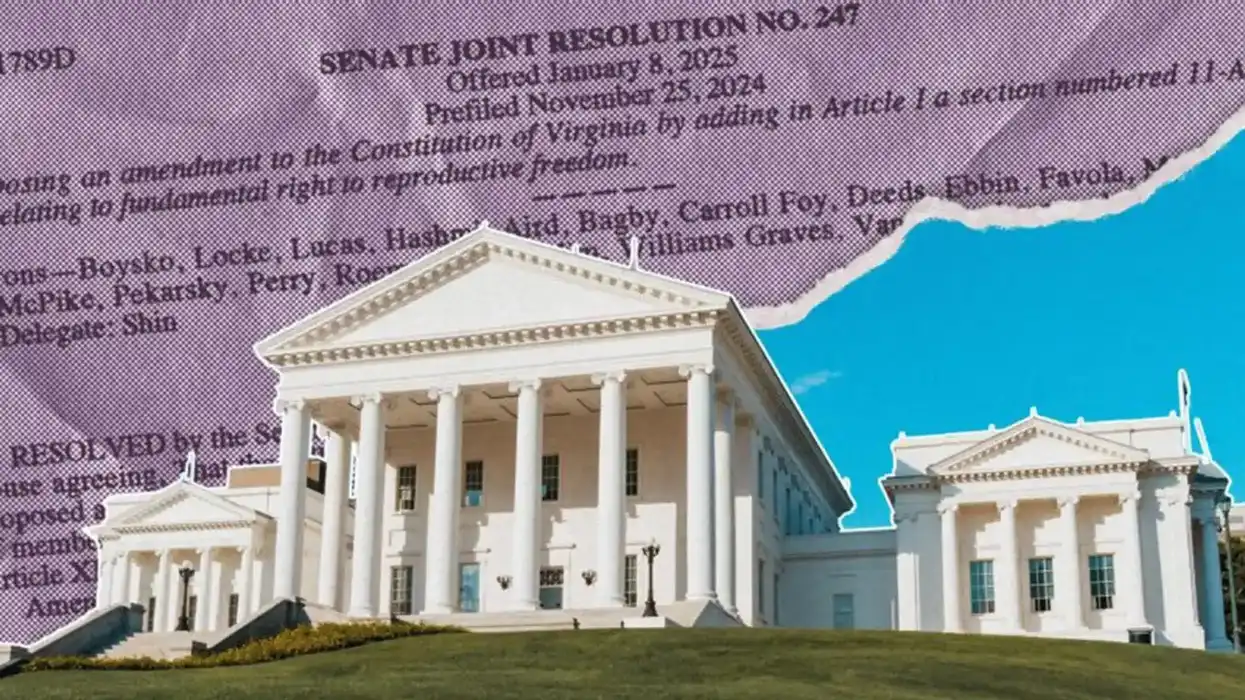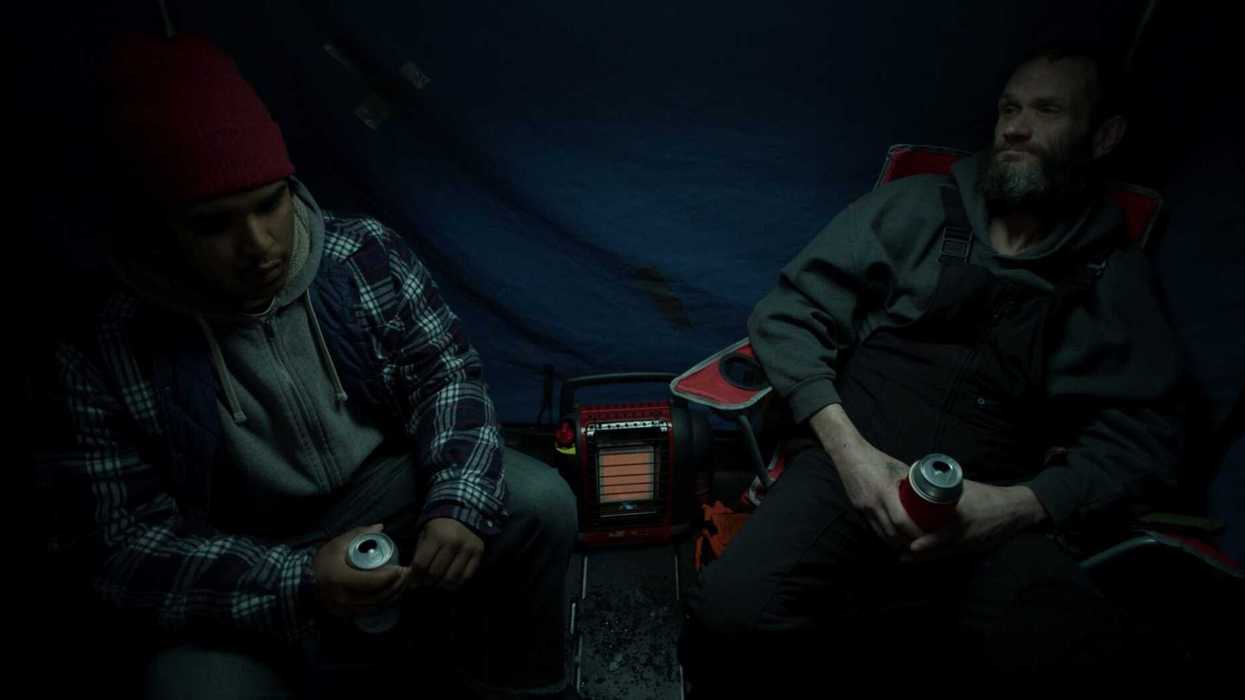Last week, we published a selection of responses to our question, “ “During our turbulent and challenging times, how does your faith, religion or spirituality inform your politics?” A few readers followed up with additional thoughts that we wanted to share. The following was submitted by Charlotte Vaughan Coyle and excerpted from her book “ Living in The Story: A Year to Read the Bible and Ponder God’s Story of Love and Grace.”
I grew up immersed in the life and logic of one of many evangelical, “Bible believing” denominations typical across the South. I adored my preacher father and fervently believed everything he preached from the pulpits of these small, conservative congregations. I believed it all, that is, until I started asking questions.
The questions started the unraveling. The questions moved me away from literalist readings of the Bible because they revealed cracks and contradictions in my fundamentalist belief system.
In particular, the questions about my place as a woman in a patriarchal, hierarchical church led me to dive deeply into a study of Scripture. The questions ultimately led me to seminary and into ordained ministry. Questions saved me and, to this day, I still believe the questions are more important than the answer.
I was 43 years old when I found my way to seminary and my four-year journey through seminary changed everything. It took every minute of every day of those four years to discover how to “take the Bible seriously without taking it literally.” Seminary turned my theological, social, and political understandings upside-down. And then inside-out. And then right-side-up.
As a preacher, pastor, and friend, everywhere I go I encounter people who are asking questions similar to those I have been asking for much of my life. Since most of these seekers will never have the opportunity to go to seminary as I had done, I wanted to share with other seekers the profound insights that had changed my own life.
I am well aware that many people are not asking the same questions I need to probe. I have no quarrel with them, but I hope all people of faith (and people of no religious faith) will never stop asking, seeking, and knocking for greater wisdom.





